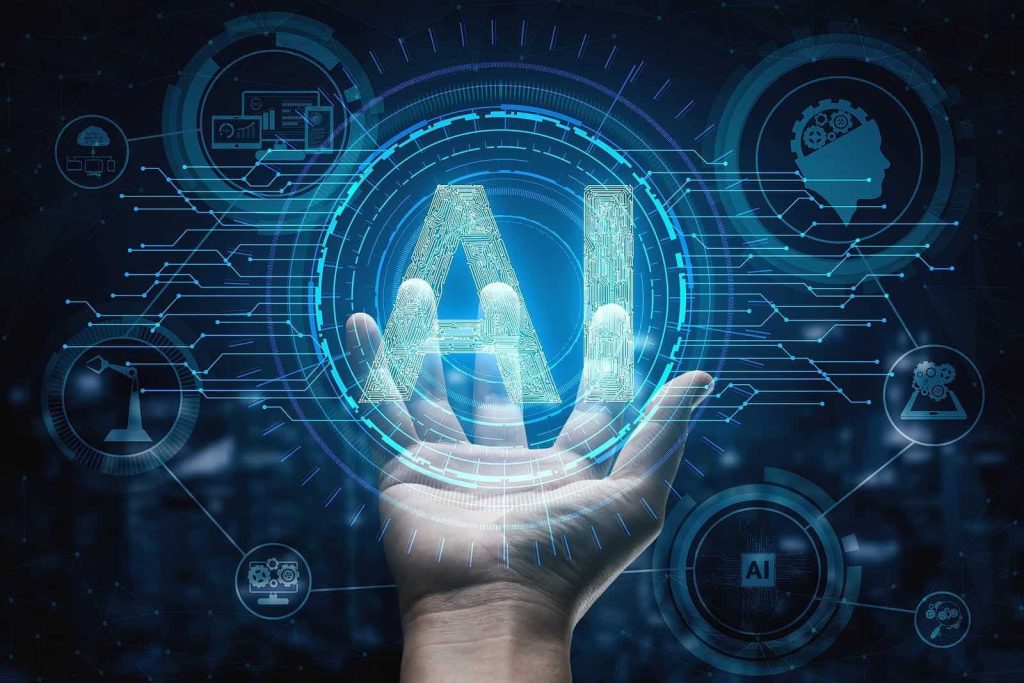
The Impact of AI on Future Computer Technology
Introduction
Artificial Intelligence (AI) is revolutionizing the world of technology, and its impact on future computer technology cannot be overstated. With the ability to streamline processes, enhance efficiency, and automate tasks, AI has the potential to push the boundaries of what computers are capable of. In this article, we will explore the significant impact of AI on future computer technology.
1. Automation and Efficiency
One of the most significant impacts of AI on future computer technology is its ability to automate tasks and enhance overall efficiency. With AI-powered algorithms and machine learning techniques, computers can analyze vast amounts of data quickly and accurately, making complex decisions in real-time. This eliminates the need for manual intervention in various areas, leading to increased productivity and cost savings.
2. Enhanced Human-Computer Interaction
AI is revolutionizing the way humans interact with computers. Natural Language Processing (NLP) and voice recognition technologies enable computers to understand and respond to human speech, making interfaces more intuitive and user-friendly. AI-powered virtual assistants, like Siri and Alexa, are becoming more sophisticated and capable of completing tasks based on voice commands, making human-computer interaction seamless.
3. Advanced Data Analysis and Predictive Capabilities
The future of computer technology heavily relies on AI’s advanced data analysis and predictive capabilities. With the ability to analyze massive datasets, machines can identify patterns, trends, and correlations that humans may overlook. This can be particularly useful in fields such as finance, healthcare, and marketing, where accurate predictions can drive decision-making and improve outcomes.
4. Improved Cybersecurity
As computer technology advances, so do cybersecurity threats. Fortunately, AI can significantly improve cybersecurity measures. Machine learning algorithms can identify and analyze patterns of cyber threats, allowing computers to develop more sophisticated defense mechanisms. AI-powered systems can detect and respond to potential security breaches faster than ever before, ensuring the protection of sensitive data.
5. Simplified Software Development
AI has the potential to simplify software development processes, saving time and resources. With AI-powered tools, developers can automate repetitive tasks such as debugging, code generation, and testing. This allows them to focus on more complex and innovative aspects of software development, accelerating the overall process and delivering higher-quality software.
6. Quantum Computing Advancements
Quantum computing is an area of computer technology that stands to benefit greatly from AI advancements. AI algorithms can help optimize quantum computing processes, leading to improved performance and efficiency. With AI’s ability to analyze and make sense of complex quantum data, researchers can accelerate breakthroughs in developing more powerful and capable quantum computers.
Conclusion
As AI continues to evolve, its impact on future computer technology will be profound. From automation and enhanced human-computer interaction to advanced data analysis and improved cybersecurity measures, AI is reshaping the way computers operate and interact with the world. The possibilities are limitless, and the future of computer technology looks incredibly promising with AI at its forefront.

